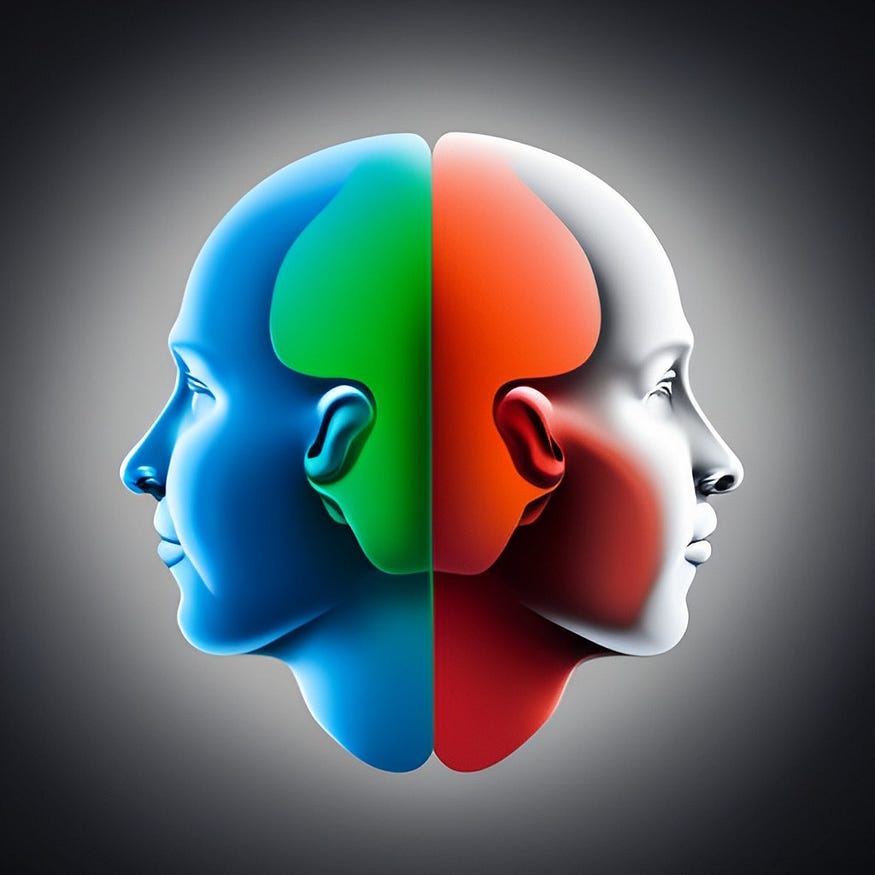Breaking the Barriers: How Embracing Dualism Can Unite Rather Than Divide Us
Uniting Through Dualism
Consider this perspective: What if I express my understanding of the Palestinian viewpoint? Alternatively, what if I acknowledge the rationale behind Israel's military actions?
Often, when confronted with a conflict between two parties, there's a quick inclination to label one side as correct and the other as incorrect. However, why don't we challenge ou…



